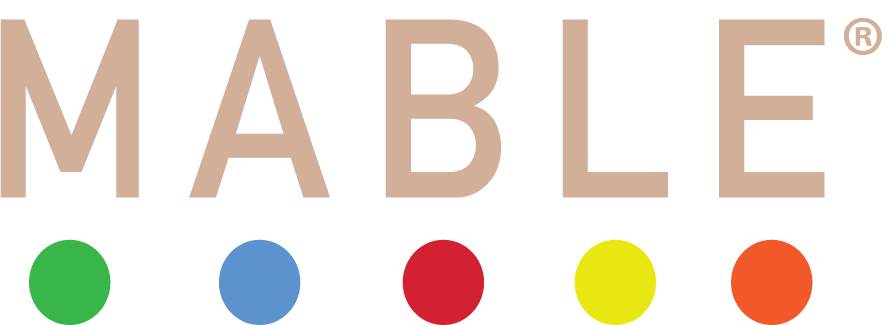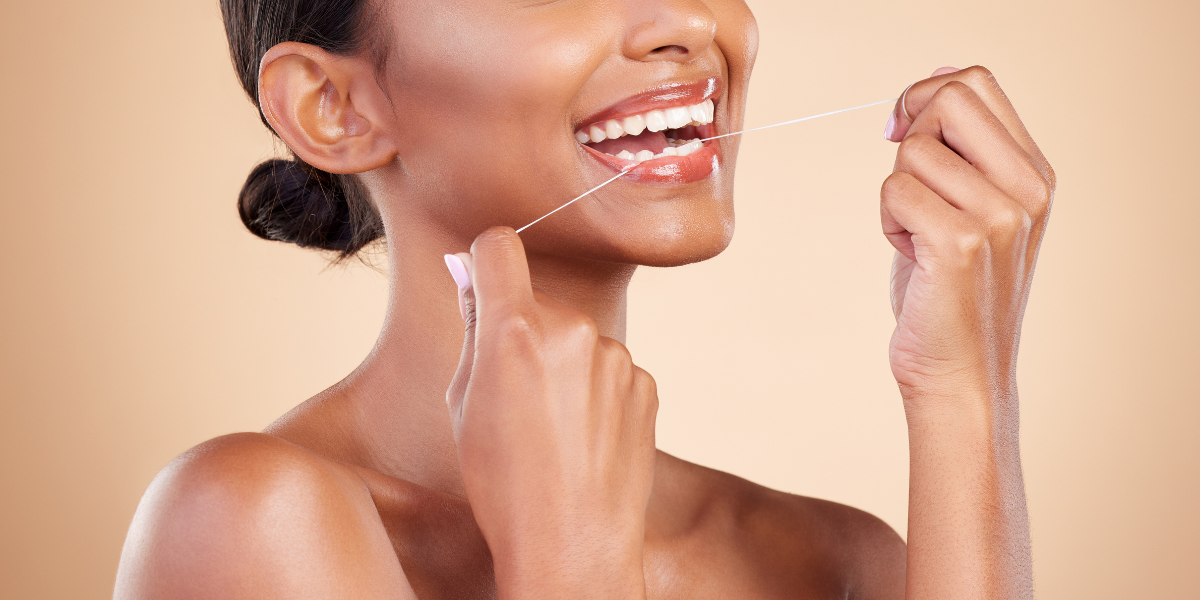The answer? Yep. If you’re trying to keep those pearly whites healthy.
The American Dental Association (ADA) recommends changing your brush every three to four months. To follow that standard, we automatically send out a new brush to MABLE Club members once a year with quartly email reminders to switch out your brush.
Since we’re all about options and customization, members can actually change the frequency of delivery any time. But here’s why you might want to stick with the ADA’s recommendation of a new brush every three to four months:
Wear and Tear.
The bristles, typically made of nylon, eventually start to wear down. As they bend, fray, and thin out, they become less effective at cleaning your teeth. Not only can they no longer scrub as well, but as the bristles change shape, they become unable to reach the spaces they were designed to reach. Meaning your gum line might not be getting cleaned like it should, and allowing plaque to build up.
Plaque buildup is responsible for many oral woes: cavities, gum inflammation, gingivitis, periodontal disease, and even tooth loss.

Soft and hard bristles should wear at about the same rate, but if you are a more aggressive brusher (like kids often are), you may actually need to change your brush more often than every three months.
Bacteria.
All that bacteria that gets cleaned from your mouth when you brush has to go somewhere. While a lot of it gets rinsed down the sink, some of it does linger on your toothbrush. Over time, it accumulates. Some of it comes from the environment, too—not just your mouth.
And where there’s bacterial build-up, there’s risk of infections. Not the kind of thing you want to keep putting in your mouth!

Bacteria buildup on a toothbrush might be more troublesome for people with compromised immune systems, or low resistance to infection due to illness or treatments. While our bodies are built with various bacteria-fighting mechanisms, it’s a good idea to prevent needing to use them, when we can.
Look to nature for help, too: bamboo has natural antibacterial properties that make it a great material for personal hygiene products.
No Good Shortcuts.
Disinfecting methods don’t really work. There’s no conclusive evidence to support any positive or negative impact of using commercial toothbrush cleaners. Running them through the dishwasher or boiling them can damage the bristles, rendering them less effective (even if it kills some of the bacteria).
No commercial cleaners have been shown to actually sterilize a brush—meaning some of the bacteria still remains. So if you’re spending money on a cleaner in an attempt to increase the life of your brush, you’re really better off spending that money on a new one!
Happy brushing!

Sources:
American Dental Association, The Science of Eating, Prevention






Share:
4 Small Steps to a Self-Sustaining Home
6 Reasons Why Natural Toothpaste is Better for You